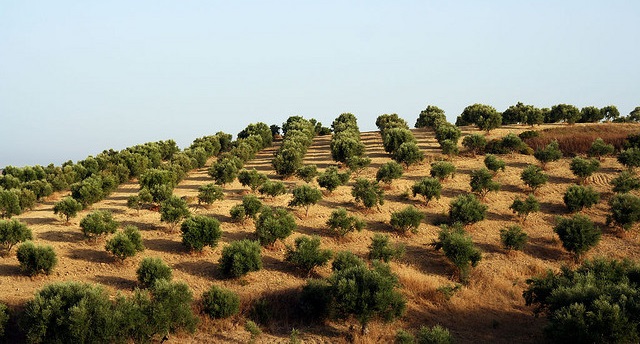Agricultural Policy

Course ID:
Semester: 7th
Year of Study:
Category: Economics Elective
For Erasmus Students: Όχι
Learning Outcomes
This course applies the basic analytical tools of Microeconomics to a) the markets of agricultural products and b) the analysis of agricultural policies. The course content aims at introducing the students to a) the special characteristics of agricultural products concerning, demand and production/supply, b) the markets of agricultural inputs and c) the basic principles of agricultural policy. By the end of this course the students will have sufficient knowledge and understanding of the major issues concerning the so called “agricultural problem”. They will be able to express themselves in a professional manner on issues concerning agriculture, to use efficiently the acquired knowledge and understanding in order to support their view on specific aspects of agricultural policy, to employ the acquired tools of economic analysis in the process of agricultural policy evaluation (e.g., CAP). Furthermore, given the large number of available statistical data bases concerning agriculture, the students will be able to perform basic statistical and econometric analysis and thus provide empirical evidence on the issues that they investigate.
Course Contents
The “agricultural problem” and the basic structural characteristics of the agricultural sector. Characteristics of agricultural products and food. Analysis, estimation and special aspects of the demand for agricultural products. Food, food shortages and nutrition. Analysis, estimation and special aspects of the supply of agricultural products. Various market structures of agricultural products. Marketing of agricultural products. The demand for factors of production. Supply of labor, employment and pluriactivity of farmers. Agricultural land: demand, supply and economic rents. Agricultural policy and welfare analysis. Analysis of alternative interventions in agricultural markets. The basic characteristics of the new CAP. Agriculture and economic development. Greek agriculture: basic statistics and statistical data bases.
Teaching Activities
Lectures and seminars (3 hours per week)
Teaching Organization
|
Activity |
Semester workload |
| Class lectures and seminars |
(3X13) 39 hours |
| Study at home |
111 hours |
| Total number of hours for the Course (25 hours of work-load per ECTS credit) |
150 hours (total student work-load) |
Assessment
Student evaluation is conducted through a written (final) multiple choice exam (40 questions with five alternative answers) which covers the entire course content. Successful completion of the course requires at least 20 correct answers. A sample test and information regarding the nature of the exam can be found at the e-class course page, which is accessible by all students.
Use of ICT
Support of the learning process through the e-class platform


